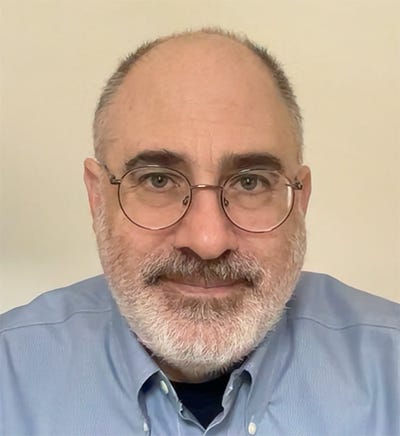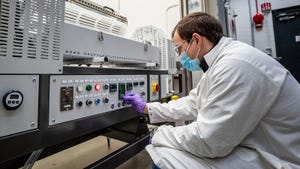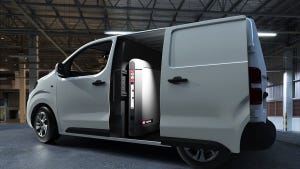Samsung SDI Pushes ASB Production Deadline Forward
Samsung’s aggressive deadline for all-solid-state battery production caps a big year. Let’s review.
January 23, 2024
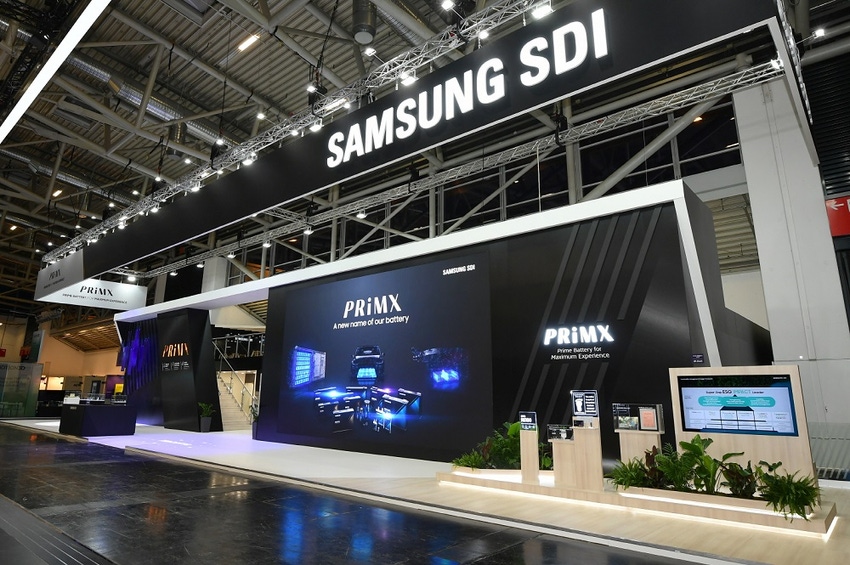
Buoyed by its successes in 2023, Korean EV battery maker Samsung SDI is signaling a push to mass-produce all-solid-state batteries (ASB)—reportedly setting a deadline of 2027 to commercialize its new technology.
The company has created a team dedicated to developing the next generation of the technology, according to an Android Headlines report on Dec. 7. Supervised by the company’s midsize and large batteries division, the team will be led by Go Joo-young, executive vice president and head of strategic marketing for Samsung SDI, according to The Korea Herald.
Compared to lithium-ion batteries and their liquid electrolytes, ASBs feature a solid electrolyte, allowing for higher energy density—hence higher capacity—in a smaller package, while also exhibiting a lower risk of fire and explosion.
Samsung has been at the forefront of developing these so-called “dream batteries,” according to reports. In March, the company opened a test production line at its research center in Suwon and reportedly will use sulfide-based electrolytes for superior ion conductivity to achieve energy density of over 900 Wh/L.
Strong momentum into 2024
As are other leading EV battery makers, including LG Energy Solution and Panasonic Energy, Samsung SDI has its sights set on significant partnerships and capacity projects in the United States, including two gigafactories in Kokomo, IN, in a joint venture with Stellantis NV, the parent company of Chrysler. The first plant is under construction, expected to kick off operations in the first quarter of 2025 with 33 gigawatt hours (GWh) of annual production. The second factory is to go online in early 2027, adding 34 GWh hours of annual capacity to the partnership.
“Through construction of the second battery plant of StarPlus Energy, Samsung SDI will be establishing its largest production for electric vehicle batteries in North America,” said Yoon-ho Choi, president and CEO of Samsung SDI. “We expect Stellantis brand vehicles powered by Samsung SDI batteries featuring supreme technologies to contribute to accelerating the U.S. transition to an era of electric vehicles.”
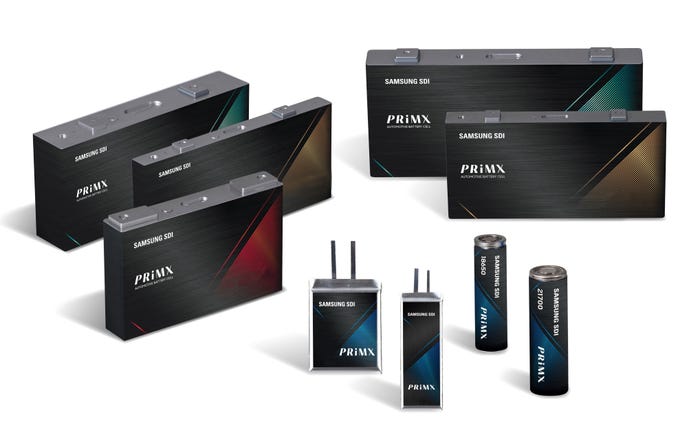
Samsung SDI's PRiMX batteries. Image courtesy of Samsung SDI
Also under way: A $3.5 billion joint venture with General Motors to build an EV battery complex on 650 acres east of New Carlisle, Indiana. GM Chair and CEO Mary Barra said millions of all-electric vehicles across North America will be powered by nickel-rich prismatic and cylindrical batteries from the facility, which is scheduled to produce more than 30 GWh annually beginning in 2026.
Outside the U.S., Samsung and new customer Hyundai crafted a seven-year supply deal for EV batteries for the European market between 2026 and 2032. Samsung will supply its sixth-generation P6 prismatic batteries, which have 10% more energy density than the P5 thanks to a 91% nickel cathode. The battery can be recharged to 80% in 10 minutes. The partnership will also explore new battery platforms.
Samsung’s P5 and P6 batteries were most recently spotlighted along with the company’s 46-phi cylindrical and all solid-state batteries at the Daegu International Future Auto & Mobility Expo in October. The company showcased a BMW i7 powered by P5 batteries.
“We are presenting battery solutions primed for leading the future mobility market, which are enabled by our ‘super-gap’ technological competitiveness and unrivaled quality,” said Michael Son, the executive vice president and head of Automotive & ESS Battery Business’ Strategic Marketing Office.
Seeking top minds, greener operations
To ensure a steady stream of talent that can continue to advance its EV battery technologies, Samsung this year continued its series of educational forums and job fairs.
Tech & Career Forum 2023 visited Seoul, Munich and San Francisco, attracting advanced-degree graduates and faculty who learned about technology trends from key Samsung personnel.
“It all comes down to people to materialize our goal” of becoming a global top-tier company by 2030,” Choi noted during the Seoul event. “Be the star that shapes Samsung SDI’s bright future.”
A greener, more sustainable world is part of Samsung’s vision for 2030. To that end, the company’s six Korea sites this year achieved the highest level of certification from the UL Solutions Zero Waste to Landfill (ZWTL) program. All six facilities earned the program’s platinum standard, with 100% of their general waste and waste generated from manufacturing diverted from incineration or landfills. Eventually, all Samsung SDI’s overseas operations are to be validated by ZWTL.
“Achieving the ZWTL designations is an integral part of our environment-friendly management that will set us to be a global top-tier company by 2030,” said Choi. “We will continuously endeavor to make the world greener and sustainable through efforts in pursuit of resource circulation.”
EV Battery Leaders is a series of occasional features profiling the top makers of EV batteries worldwide.
About the Author(s)
You May Also Like

